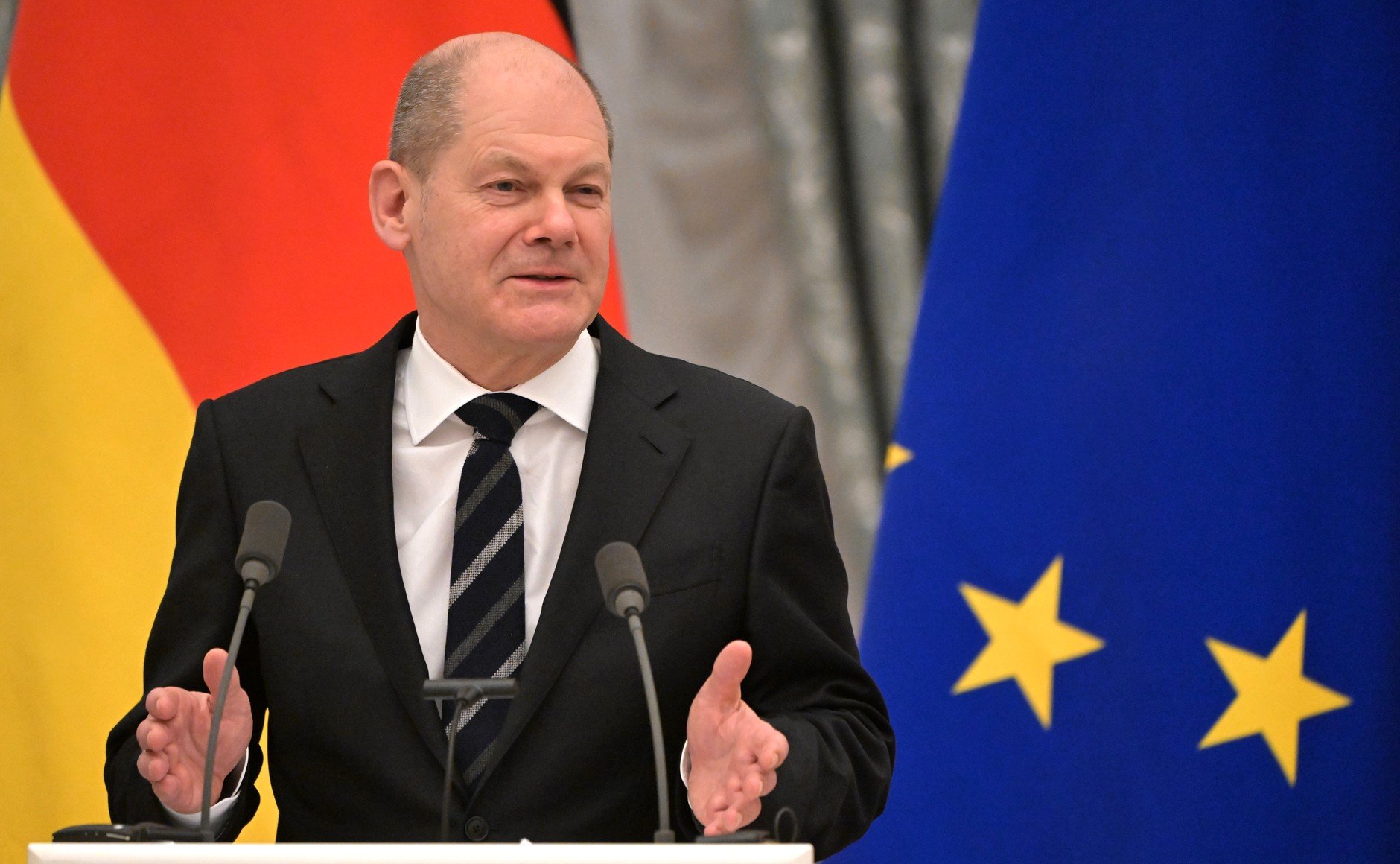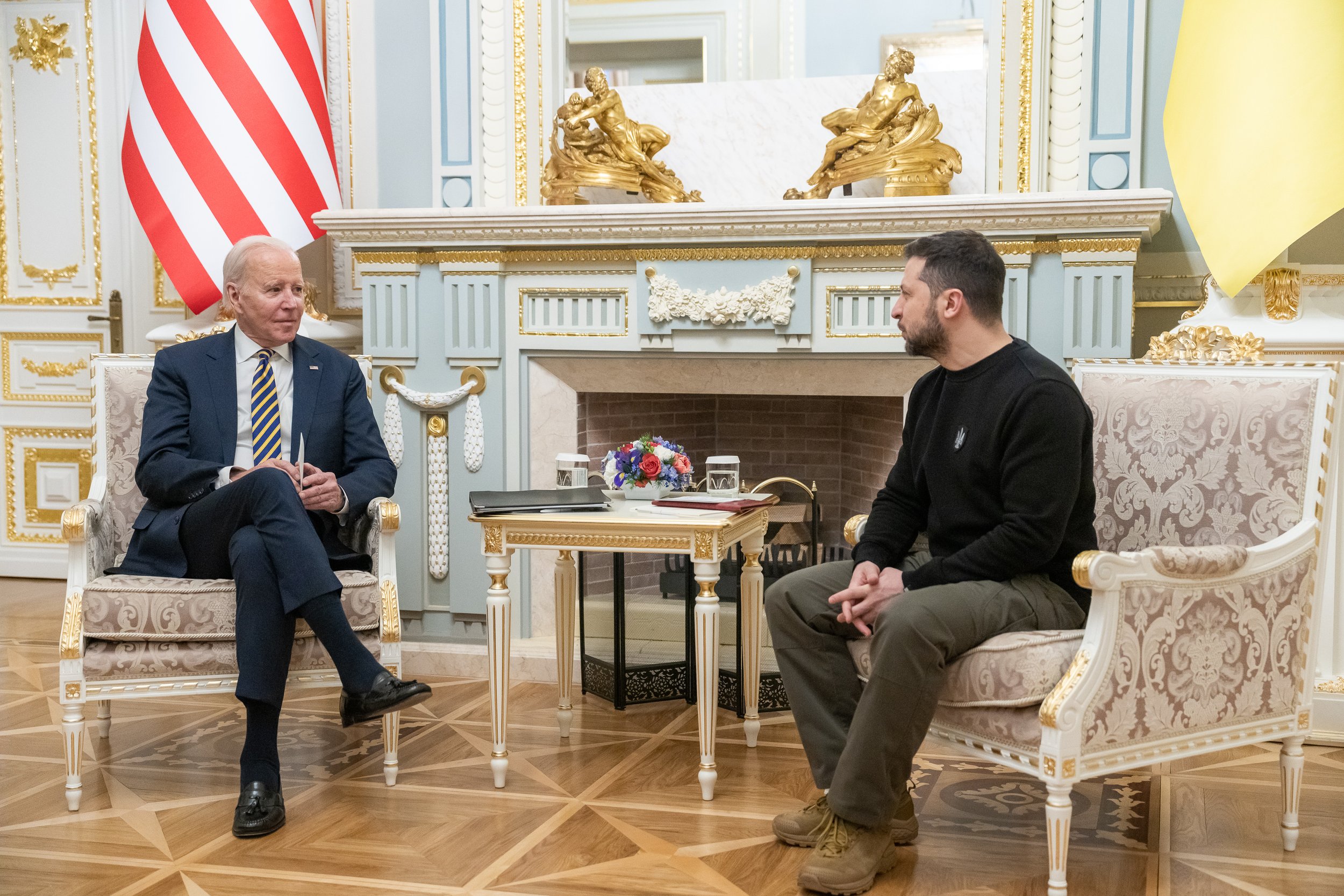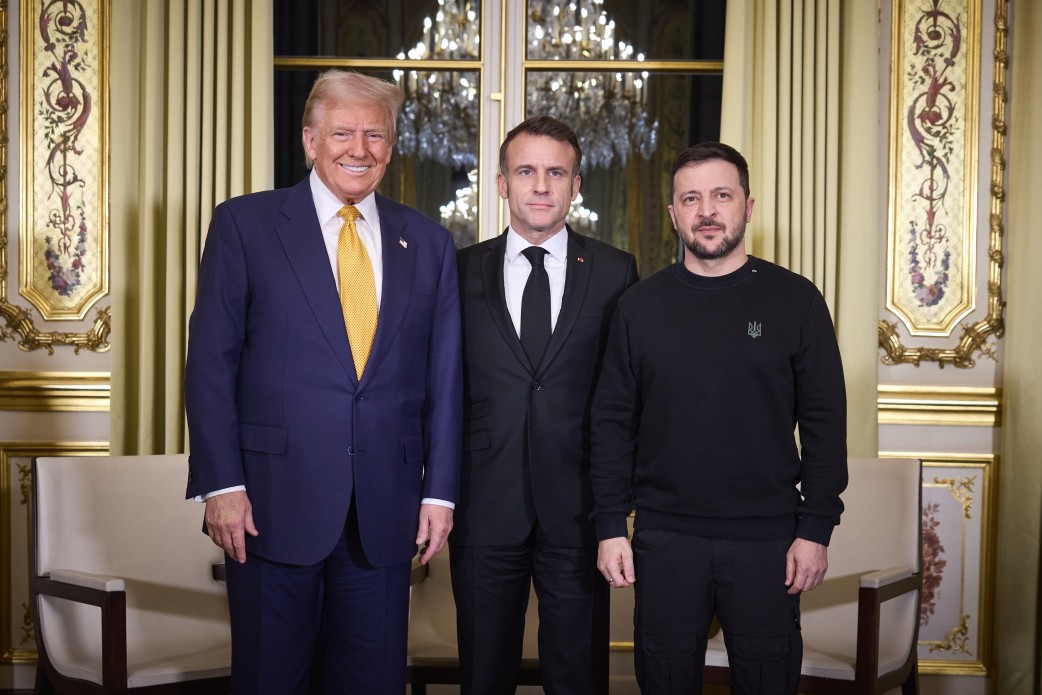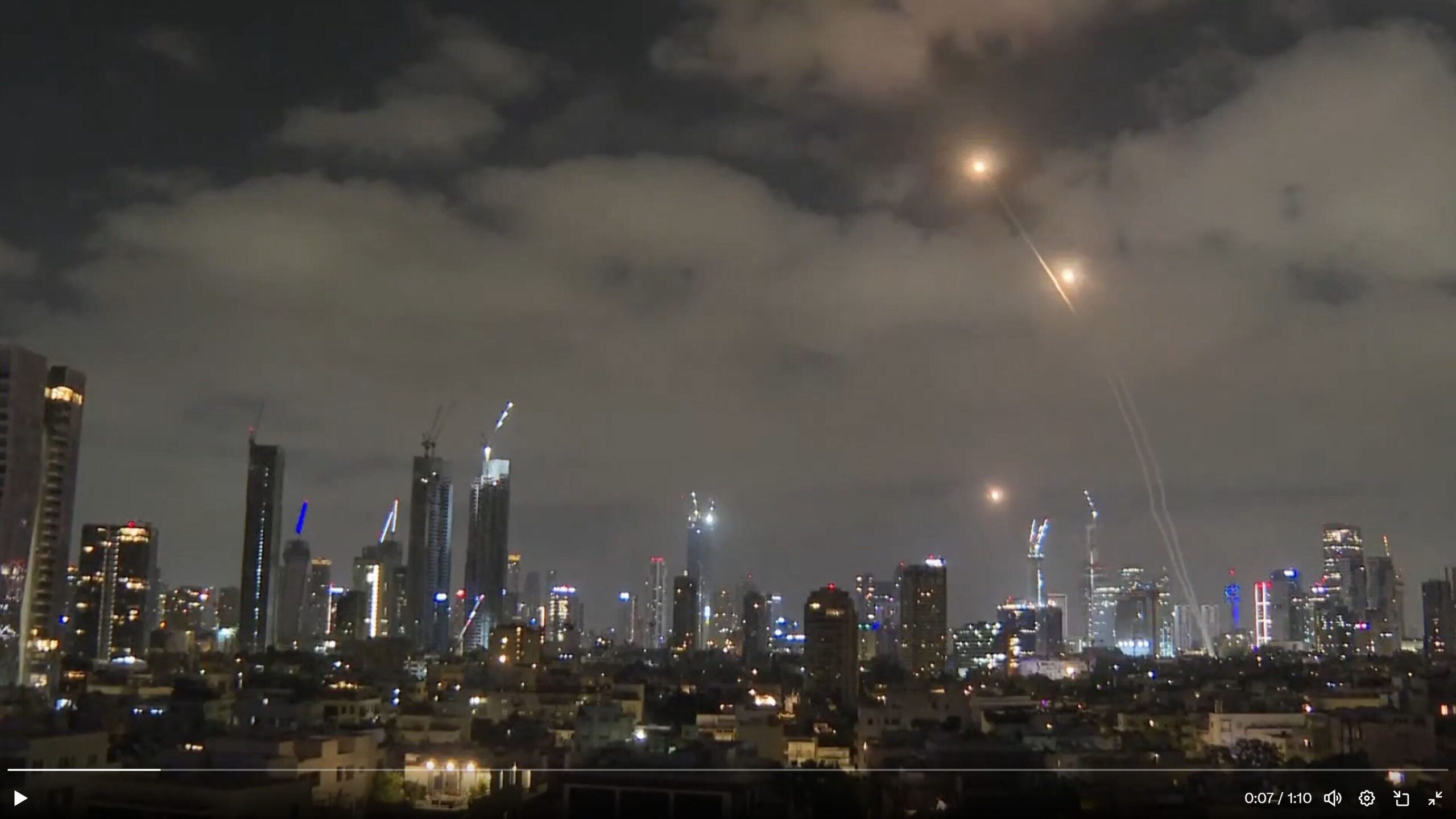WaL reported earlier this month that the Ukrainian civilian government was in an existential crisis about the potential of 2023 ending without financial assistance coming from either the US or the EU—a reality that is now inescapable as the Senate adjourned for the Christmas-New Year’s break without approving a massive Ukrainian military aid package totaling $61 billion.
The EU also failed to overcome budgetary debates to furnish the war-ravaged economy with €50 billion in loans after Germany failed to find extra money and Hungarian Prime Minister Orban vetoed every proposal that would involve the loans being given from the EU general fund.
Stateside, Senate Majority Leader Chuck Schumer (D – NY) tried to get the Senate to convene on the Monday before Christmas to try and work out a deal to address Republicans’ opposition to the President’s funding request for Ukraine, which is centered around reform of the US immigration and asylum laws.
According to The Hill, a group of Senate and White House negotiators have agreed to hold virtual meetings over the Christmas and New Year’s break, but no votes will happen until next year. House Speaker Mike Johnson (R – LA) had adjourned his chamber even before Schumer.
Meanwhile, an exclusive report from Der Spiegel alleged that high-level talks were held in Washington D.C. over a three-course dinner in October at the residence of the German Ambassador to the US that included White House officials and Wolfgang Schmidt, the head of the German Chancellery—the equivalent of Joe Biden’s Chief of Staff—over how to end the war in Ukraine.
The suggestion from the German paper is that the dogma that negotiations have to start and be led by Kyiv is simply a front, and that since Germany and the US are the two largest weapons providers for Ukraine, it’s much more likely to be their decision.

Fighting and negotiating
At the dinner, according to Der Spiegel‘s report which both the White House and the Chancellery claim is untrue, Wolfgang Schmidt, Chancellery Olaf Scholz’s closest aide and confidant, allegedly praised the opinions of political scientist Samual Charap at the RAND Corporation, who wrote in an essay in Foreign Affairs that the US should end the war in Ukraine through an imposed negotiated settlement with Moscow, regardless of Kyiv’s wishes.
“It’s very possible we’re fighting and negotiating at the same time,” Charap is quoted as saying by the German paper, which is a distinct possibility. It’s been clear from the start of the conflict that total victory was never the motivation behind the weapons transfers of the US and EU. If it had been, there wouldn’t have been political wrangling over budgetary measures, there wouldn’t have been deliveries of so many different kinds of armored vehicles, the weapons wouldn’t have been delivered in a staggered manner, and there would have been immediate training and supply of advanced aircraft like the F-16 and F-18 to Ukrainian forces.
If there wasn’t total unity in the provision of the necessary forces, it implies there were conditions, and conditions imply negotiations between parties. Now, those conditions are domestic political ones, and the negotiations involve squaring the circle of supporting what is now an unpopular war while maintaining domestic political support.
An official from the German chancellery told POLITICO that Schmidt rejects the “unfounded assertions” in the Spiegel report.
Regarding the proposal, both sides at the dinner acknowledged that the dogma that Ukraine must choose when to negotiate has trapped the two nations, who, according to Der Spiegel and WaL, are both beginning to consider the war more urgently in relation to upcoming domestic elections.
The report says that White House Nat. Security Advisor Jake Sullivan worked to devise an agreement that would grant unspecified concessions to Moscow while providing Ukraine with a security guarantee; not involving entry into NATO, but rather based around the concept of Israel’s security guarantee of “qualitative advantage,” meaning that US law would state that Ukraine should have demonstrably superior military technology when compared with all nations on her borders.
“The idea would be to turn Ukraine into a porcupine,” a senior White House official told Der Spiegel. WaL
PICTURED ABOVE: Volodomyr Zelenskyy’s wartime visit to the White House in 2022. PC: The White House.



